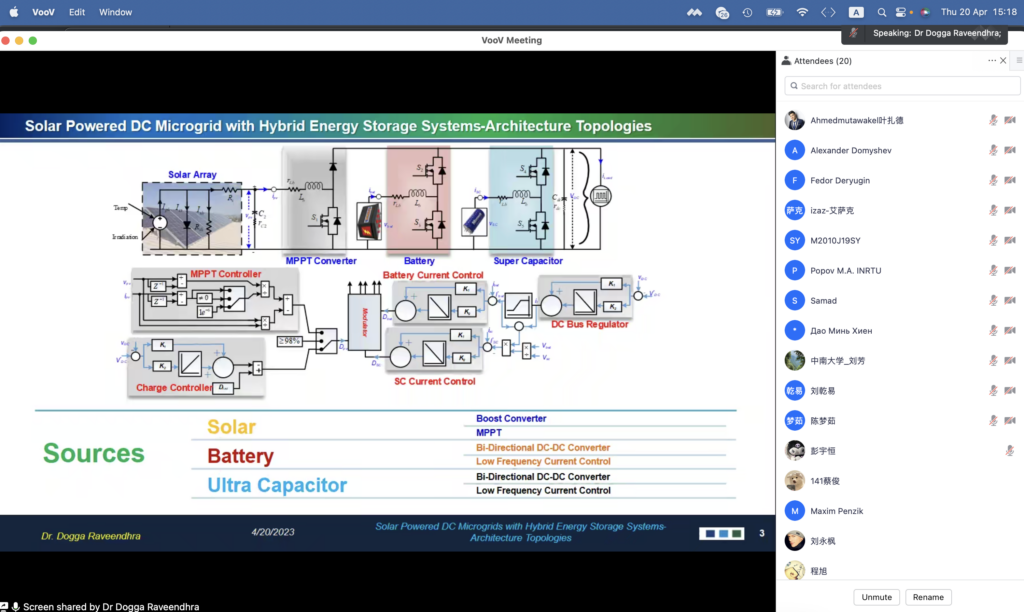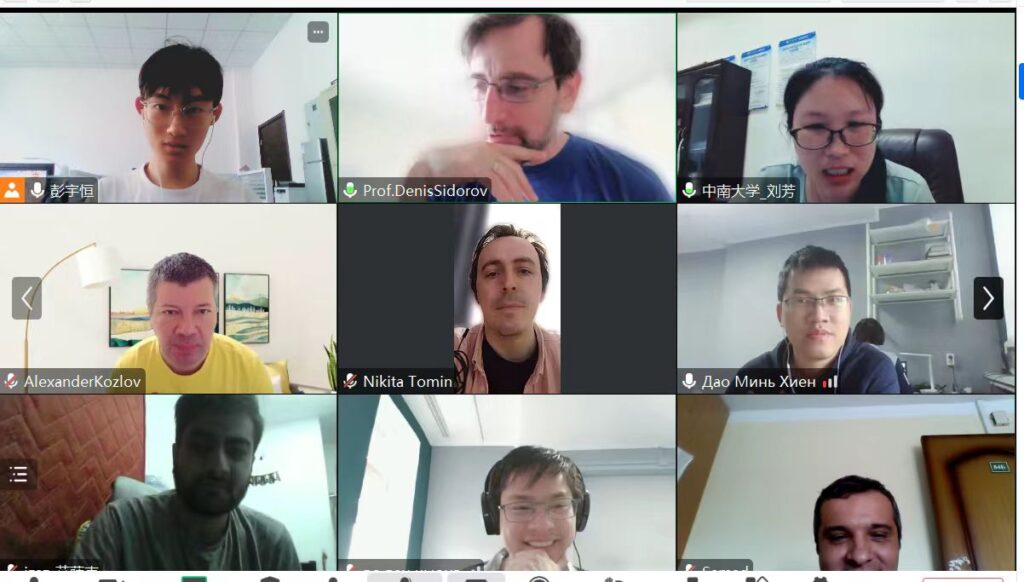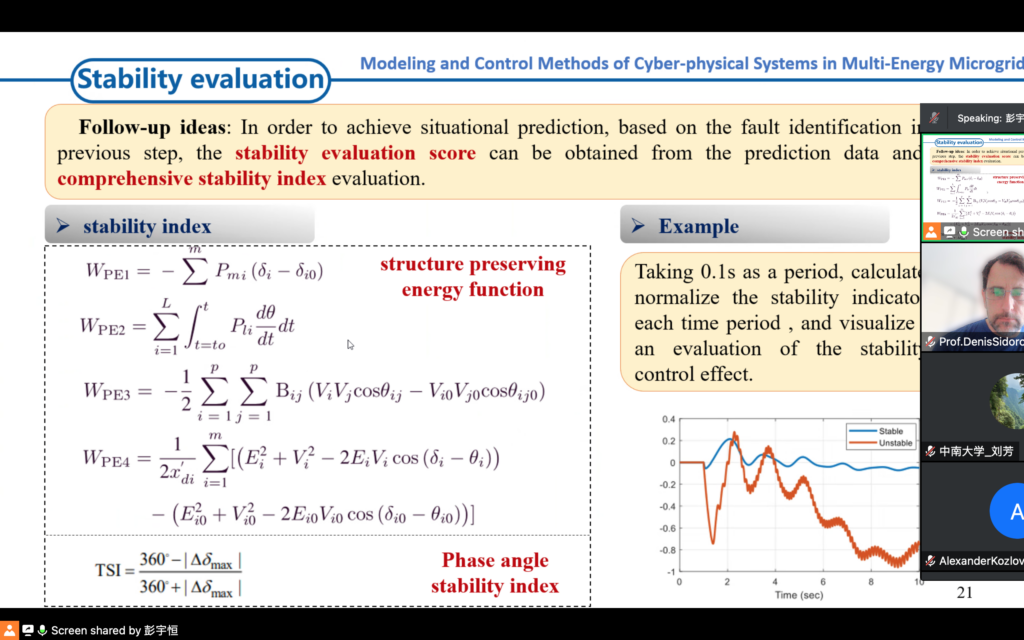International Project of ESI SB RAS (Russia, PI), CSU (China) and IIT Roorkee (India).
The concept of intelligent multi-energy microgrids is based on the development and the introduction of cyberphysical systems based on effective mathematical models, telecommunication and information management technologies that allow efficiently generate, store, distribute and deliver energy to the consumer from sources of both conventional and renewable generation. This project is aimed at systematising and obtaining new scientific knowledge in the field of computational modeling and control of cyber-physical systems in multi-energy microgrids, including small unit power generation units based on thermo chemical conversion of low-grade fuels and renewable energy sources based on wind generators and solar modules. Integral dynamic models and efficient predictive models and methods based on deep learning recursive networks will make it possible to implement the concept of a digital twin for controlling a multi-element hybrid energy storage system based on energy accumulators and super capacitors. Multi-energy microgrid plays an important role in improving the comprehensive utilisation rate of multi-energy on the user side. With the wide interconnection of source-storage-load equipment at the multi-energy microgrid level through wired/wireless communication networks, the multi-energy microgrid has gradually evolved into a highly coupled cyber-physical system, and the traditional operation and control methods are difficult to apply. Russian Team (project coordinator) will focus on theoretical studies for novel mathematical models development. India team will contribute with its vast knowledge in converters modeling and development and China team will contribute on automation including situation awareness. Based on the research foundation of China, Russia and India in the field of multi-energy microgrid, this project is carried out from four aspects: coupling interaction mechanism of information flow/energy flow, mathematical modeling, situation perception and cooperative control in multi-energy microgrid. It will overcome three scientific difficulties: dynamic modeling of cyber-physical system of multi-energy microgrid, situation perception of time series data driven multi-energy microgrid and resource-storage equipment, and distributed cooperative control of flexible controllable resources of multi-energy microgrid. And the joint simulation model of cyber-physical system in multi-energy microgrid and the typical demonstration platform of optical-storage-charge multi-energy microgrid are established. Through the research of this project, the original innovations such as the coupling interaction mechanism and the fusion interaction architecture of multiple information flow/energy flow, situation perception method of the source-storage stability, the distributed energy storage cooperative control, and the frequency-voltage flexible control will be achieved. These will enhance the situation perception ability, multi-energy collaborative level, and dynamic stability of the multi-energy microgrid, realize self-balance and safe operation of the multi-energy microgrid, and improve the economic benefits of the cyber-physical system in multi-energy microgrids and multi-energy consumption efficiency.



China team member postgrad Mr Peng Yuheng’s talk on 27th of May 2023
No Comments yet!